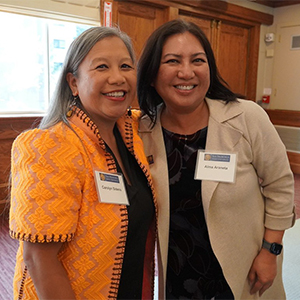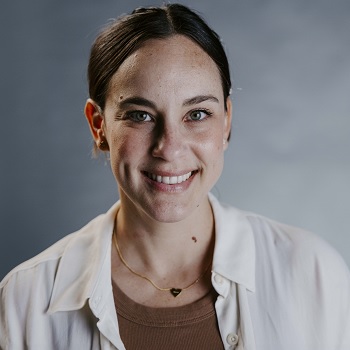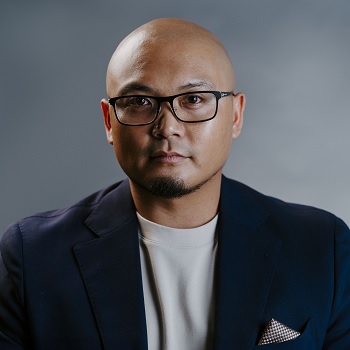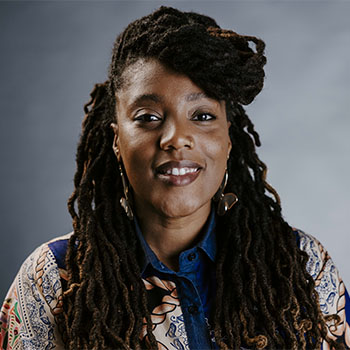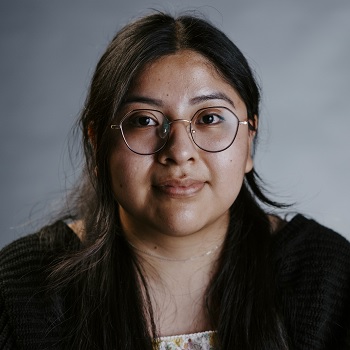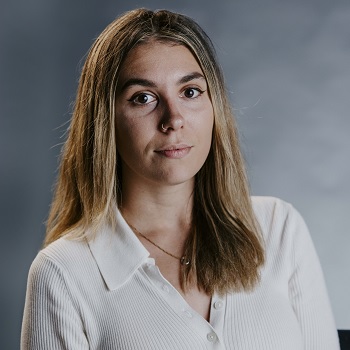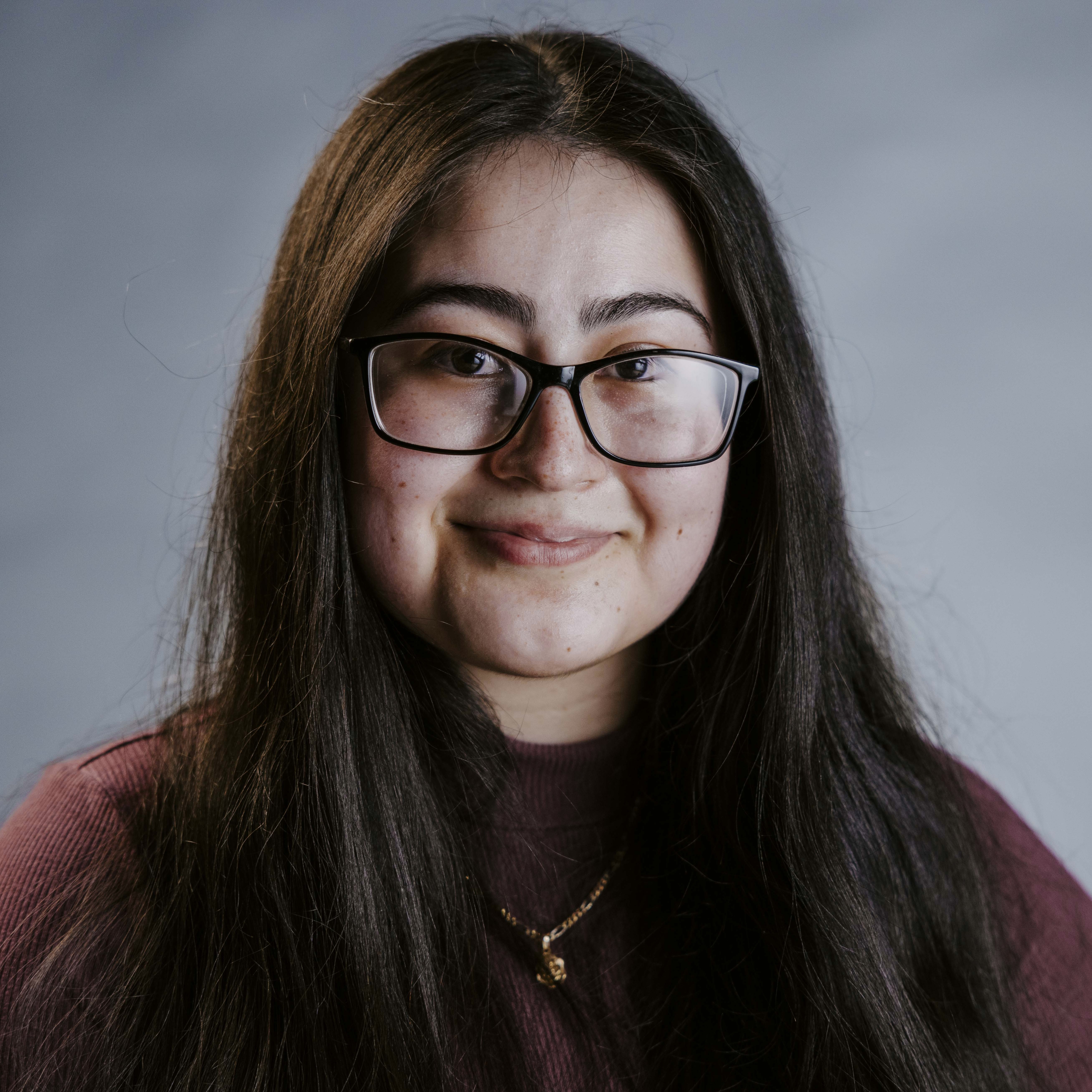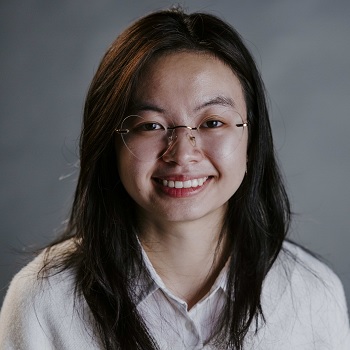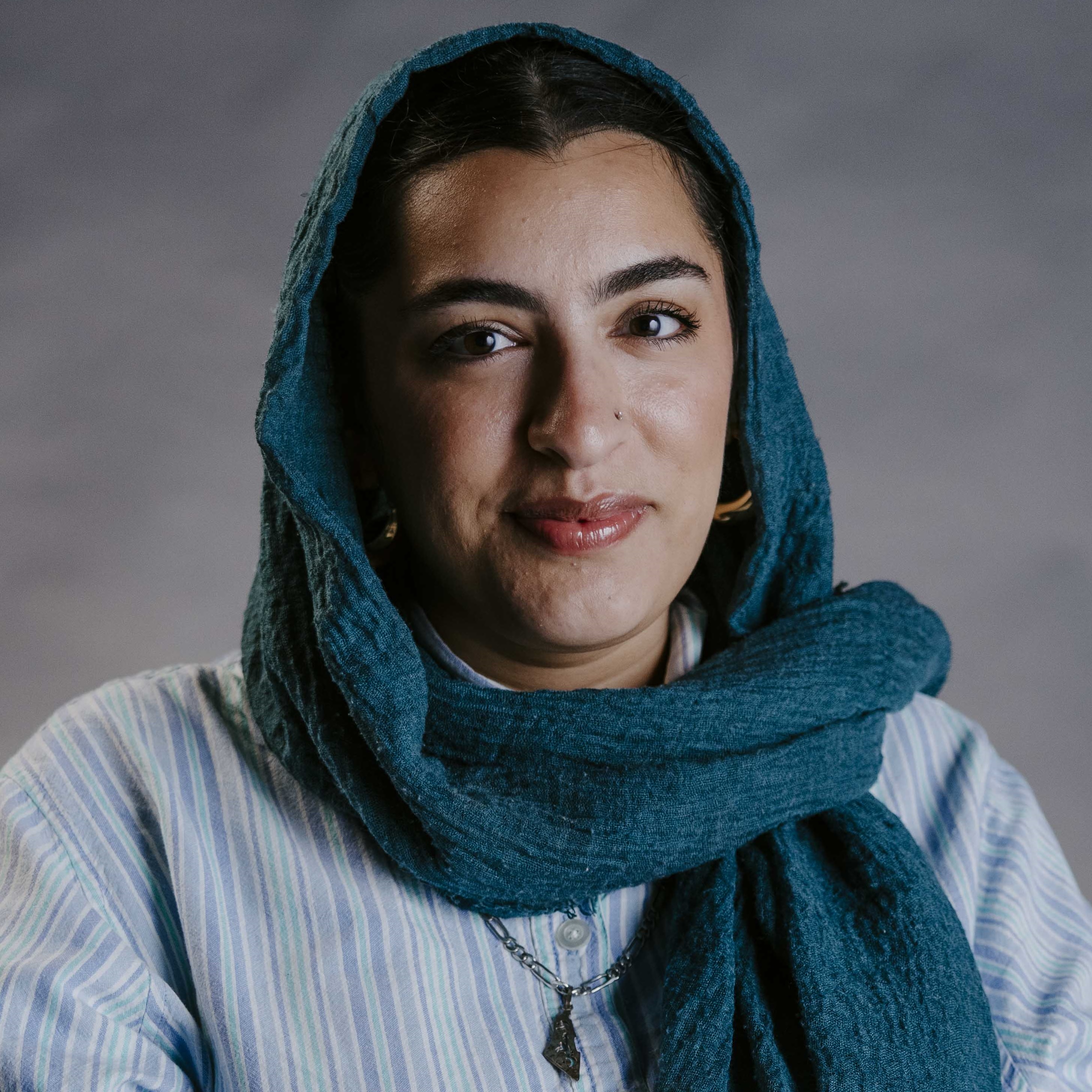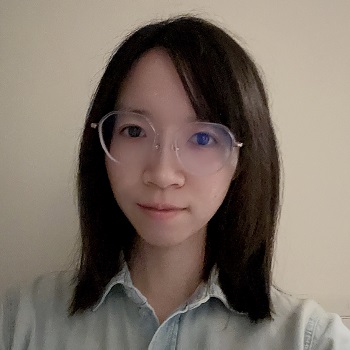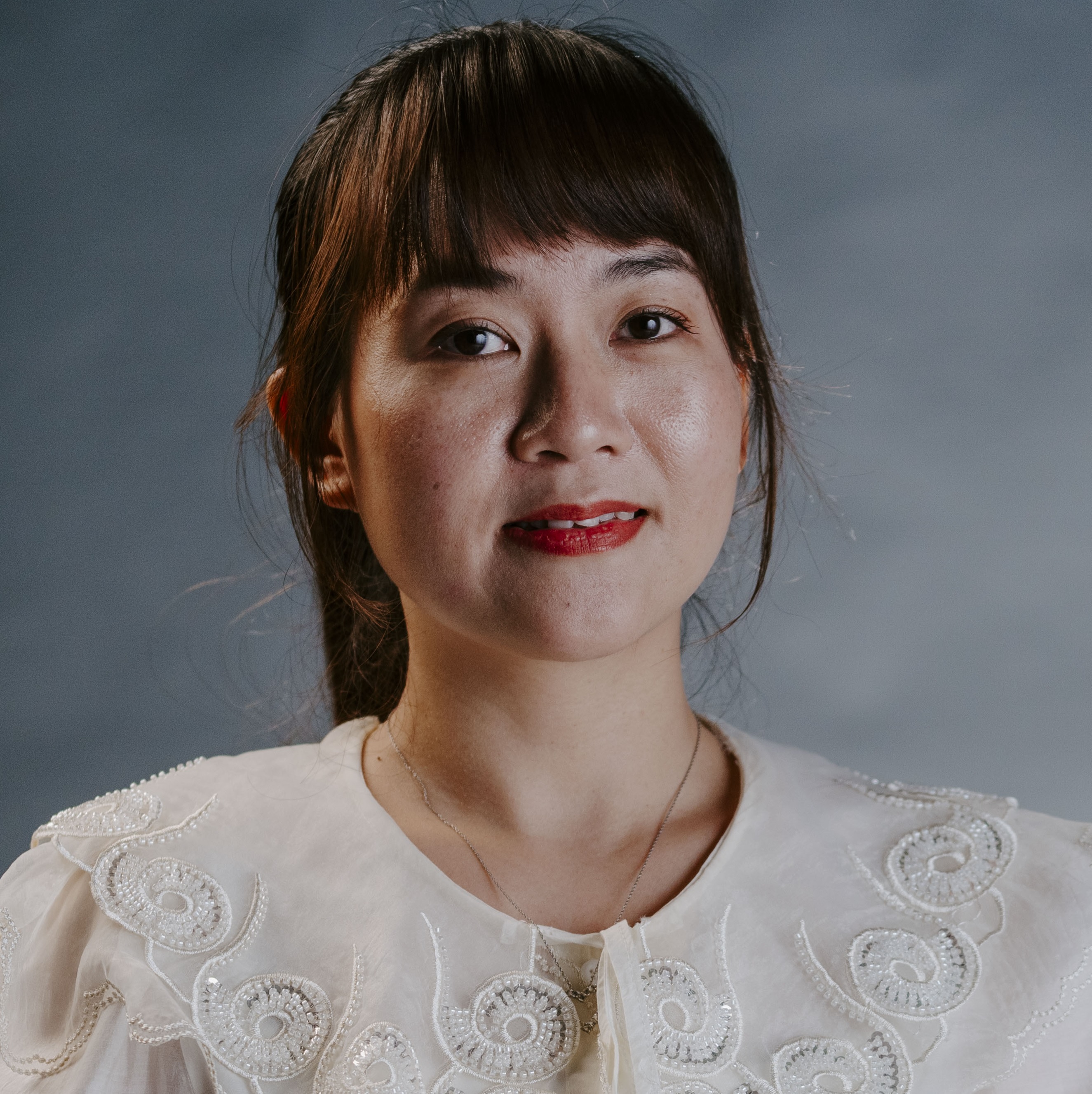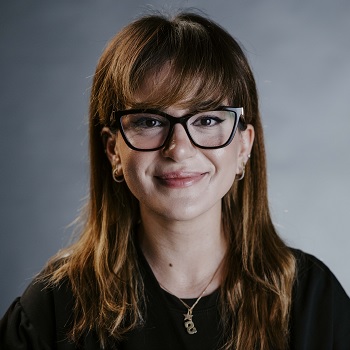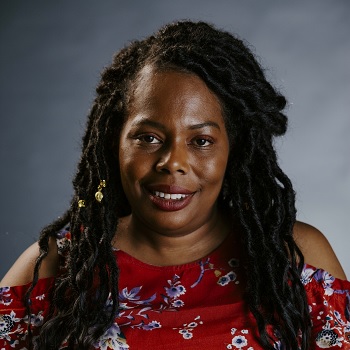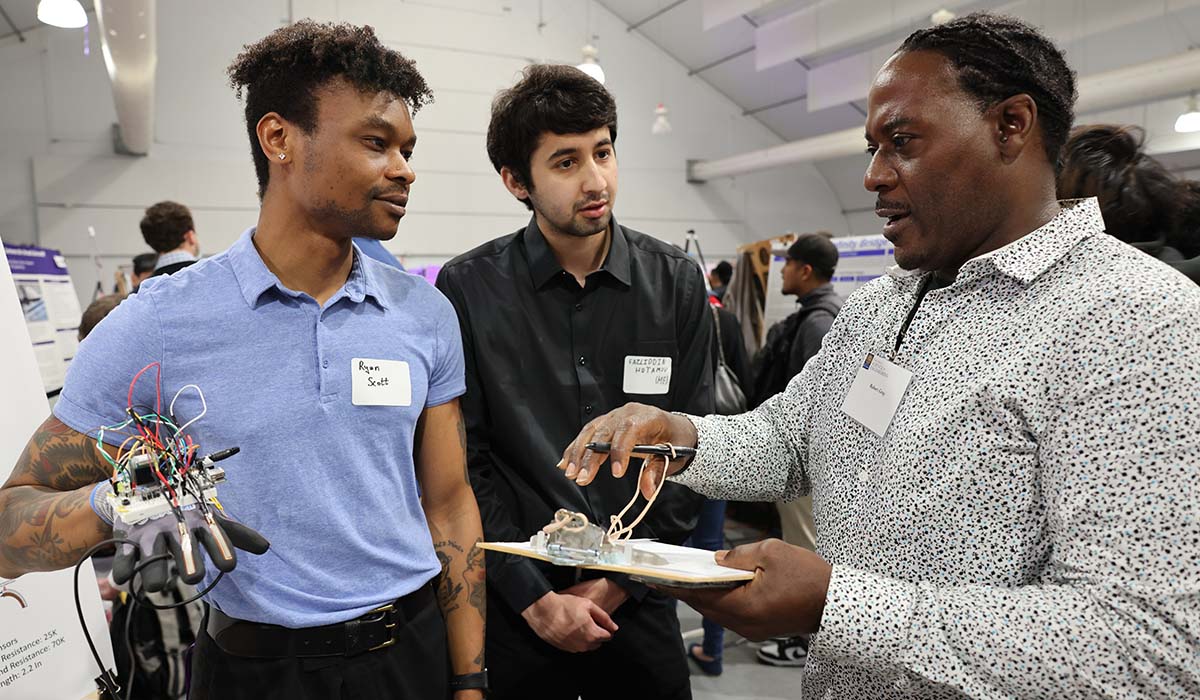Prestigious CSU scholarship goes to SFSU grad student advocating for prison reform
Gabriel Singer (B.A., ’25) turned life around after incarceration to pursue career as professor, change system from within
Gabriel “Gabe” Singer is the epitome of higher education’s transformative power. In 2006, he was sentenced to 22 years in prison for voluntary manslaughter that occurred during a fight between street crews. The experience forced him to confront the consequences of his actions and rethink the path his life was taking.
Singer participated in restorative justice opportunities and completed as many community college courses as he could while in prison. When he was released early in 2022, the college credits he earned allowed him to transfer to San Francisco State University (SFSU), where he’s been working hard toward his life mission: to become a criminal justice studies professor and reform the prison system. Along the way, he also earned the highest recognition of student achievement granted by the California State University (CSU).
That award is the CSU Trustees’ Award for Outstanding Achievement, which provides a donor-funded scholarship to students who demonstrate superior academic performance, personal accomplishments, community service and inspirational goals for the future. The awardees have shown a powerful determination to making a positive impact on their generation as well as those who come after them.
“Gabe’s story is of a long comeback,” SFSU President Lynn Mahoney said. “He has emerged from incarceration with a deep commitment to inspiring others to believe in the power of education.”
Singer transferred to SFSU through Associated Students' Project Rebound, an academic support program that helps formerly incarcerated people enroll and succeed. Since he first started at SFSU, Singer has demonstrated a strong dedication to his education, being an active member of the campus community and advocating for prison reform.
“It’s an honor to receive this award. But it’s also just as importantly an honor to receive this award in representation of an organization called Project Rebound that I am very supportive of,” Singer said. “I think it just shows when someone gets support — in academics or the workforce or in any anything — anyone can thrive and shine in the spaces that they’re trying to be in.”
Singer received his undergraduate degree in Criminal Justice Studies with a minor in Reentry Services from SFSU in spring 2025 and was honored with his department’s Distinguished Student Award. He returns to SFSU this fall to earn a graduate degree in International Relations, which will help him contextualize carceral practices in the U.S. with those beyond our borders.
Singer also taught a course in restorative justice practices through the University’s Experimental College, which he plans to offer again. He also served as a cognitive behavioral therapy coach for Getting Out by Going In, a program that offers participants a framework for making positive, productive decisions in their lives. Singer has also served as a staff member for Project Rebound.
“I first met Gabe when he was an undergraduate student at SFSU. I noticed he was a dedicated student who showed up to campus faithfully with brilliant ideas for civic engagement and the betterment of our legal system,” Project Rebound Executive Director C. Jason Bell said. “I often speak with him about his in-depth analysis of various social justice issues and respected his views so much that I eagerly advocated to embrace him on our Project Rebound efforts on campus, and welcomed him as new staff.”
Learn more about Associated Students' Project Rebound at SFSU.
